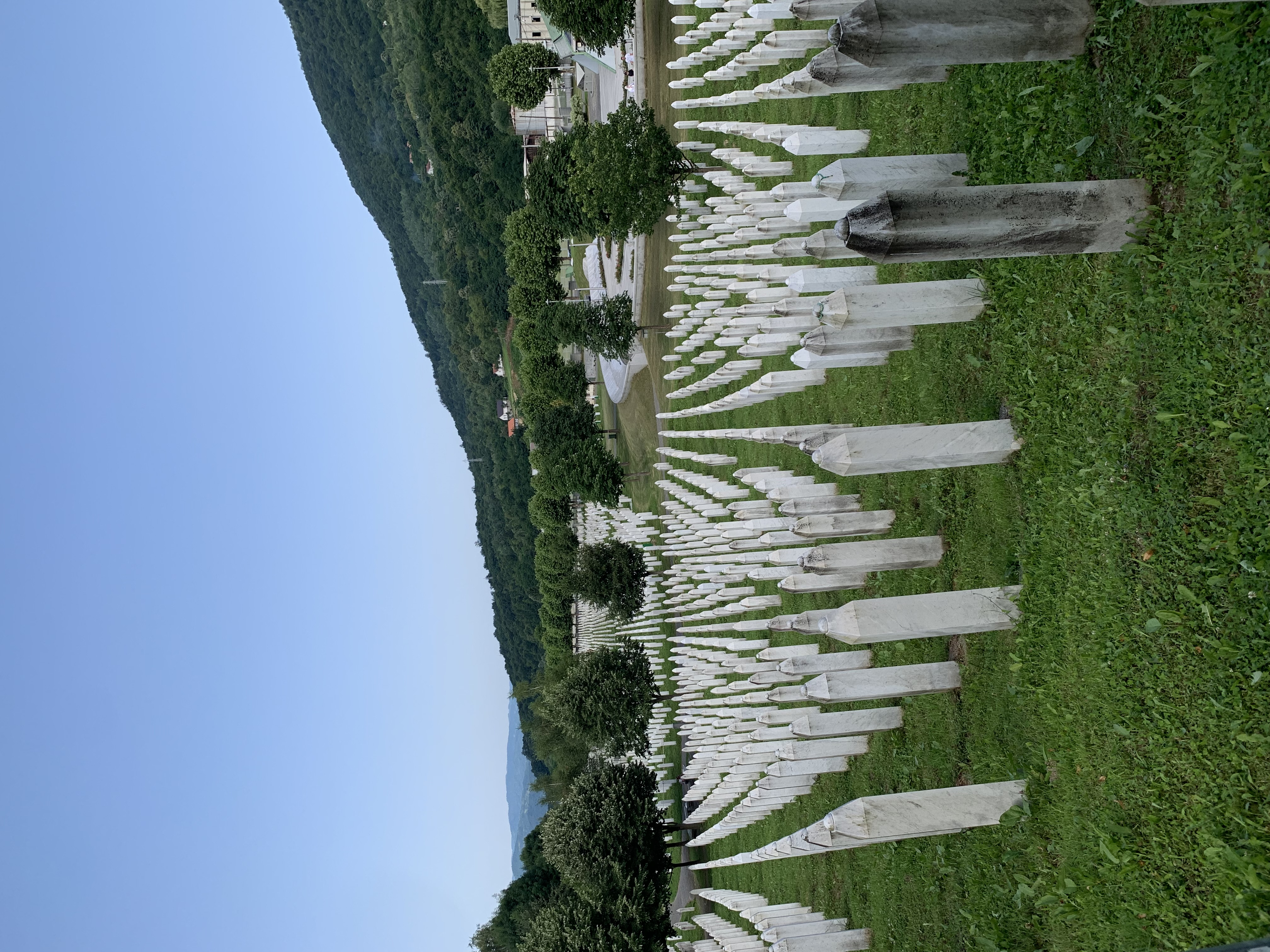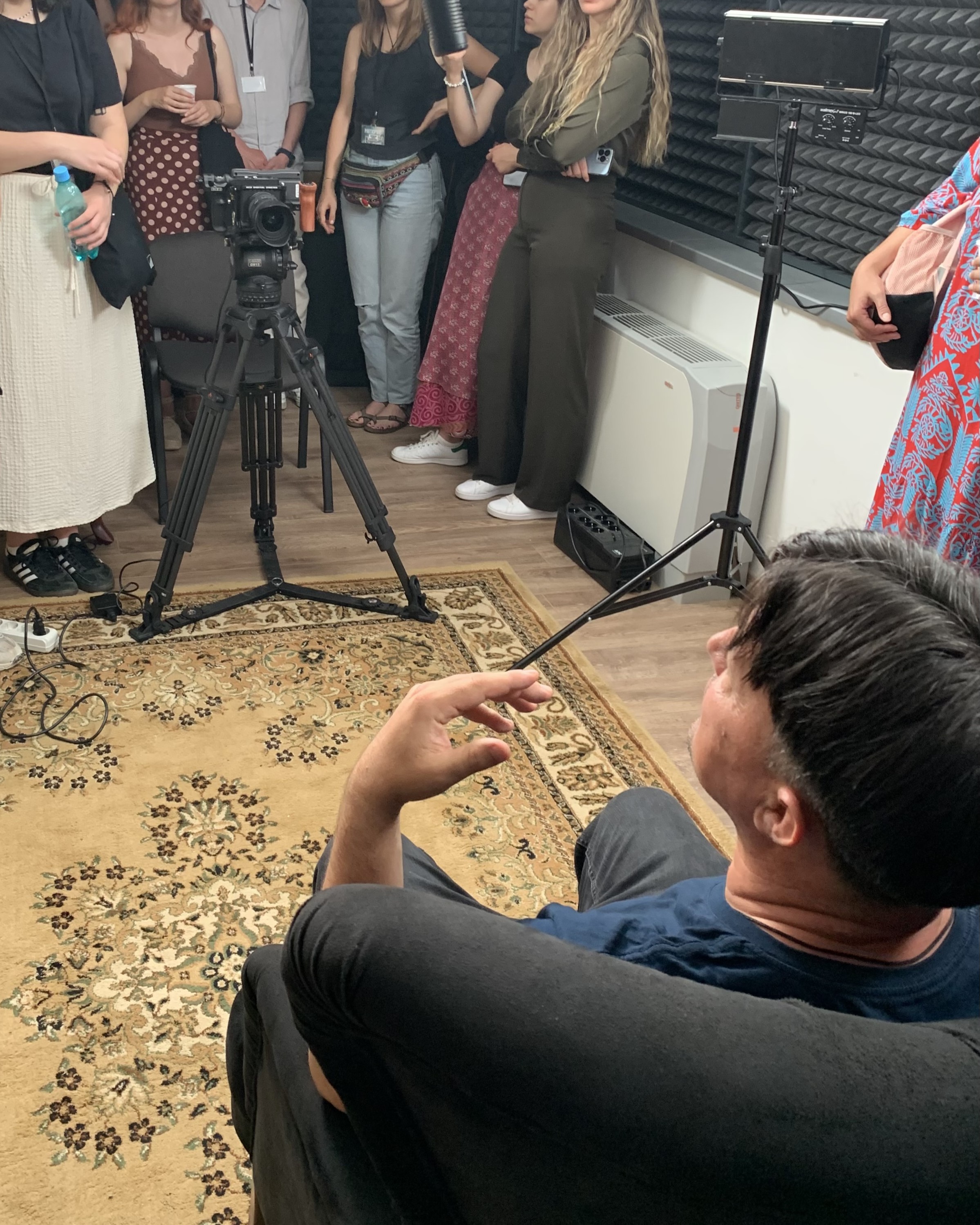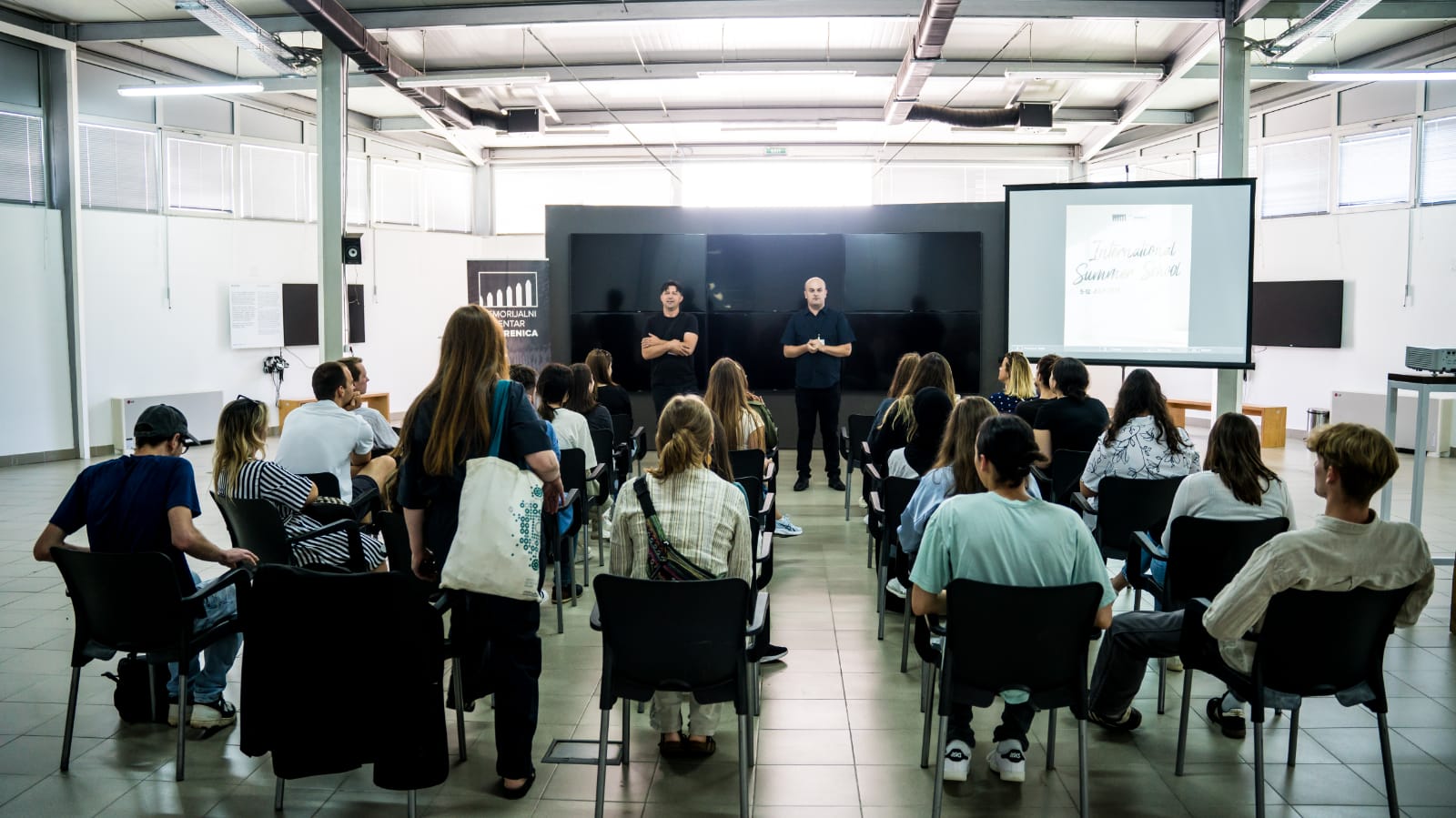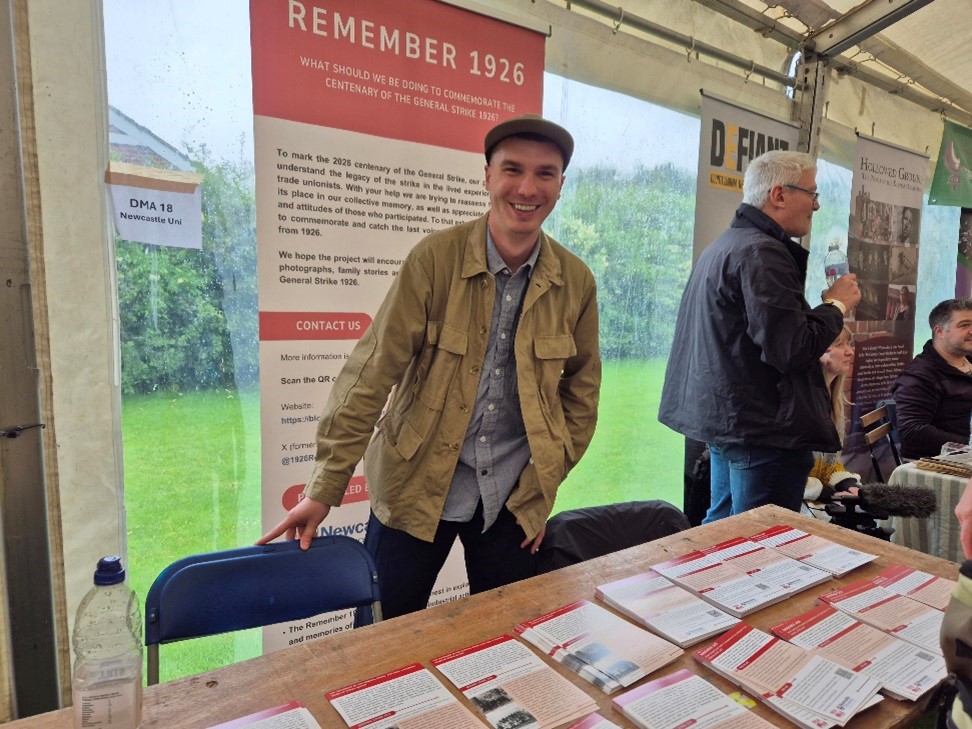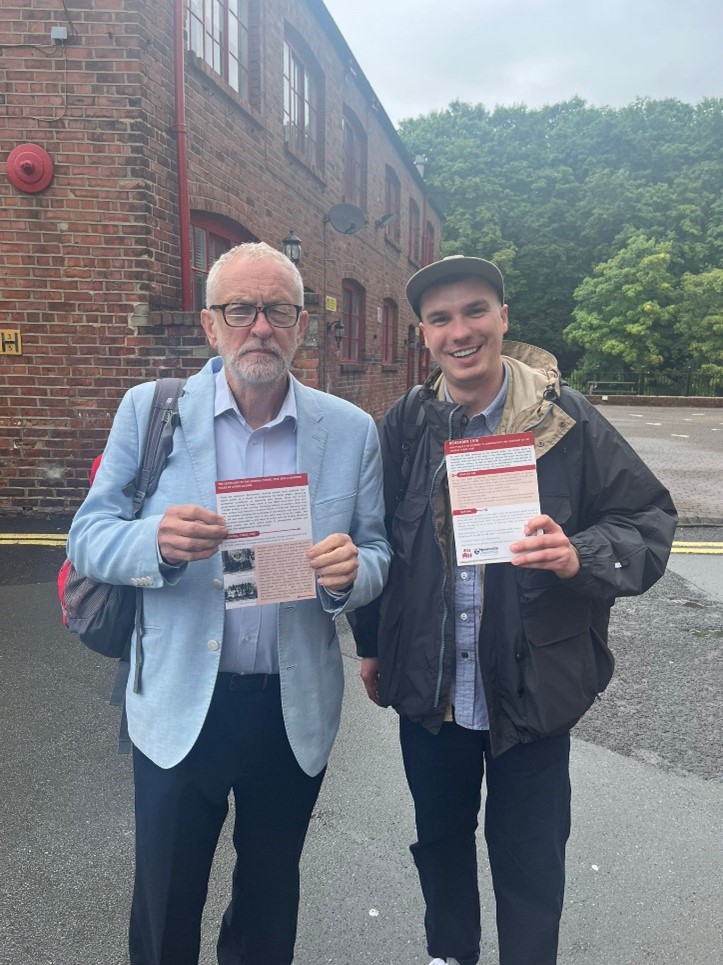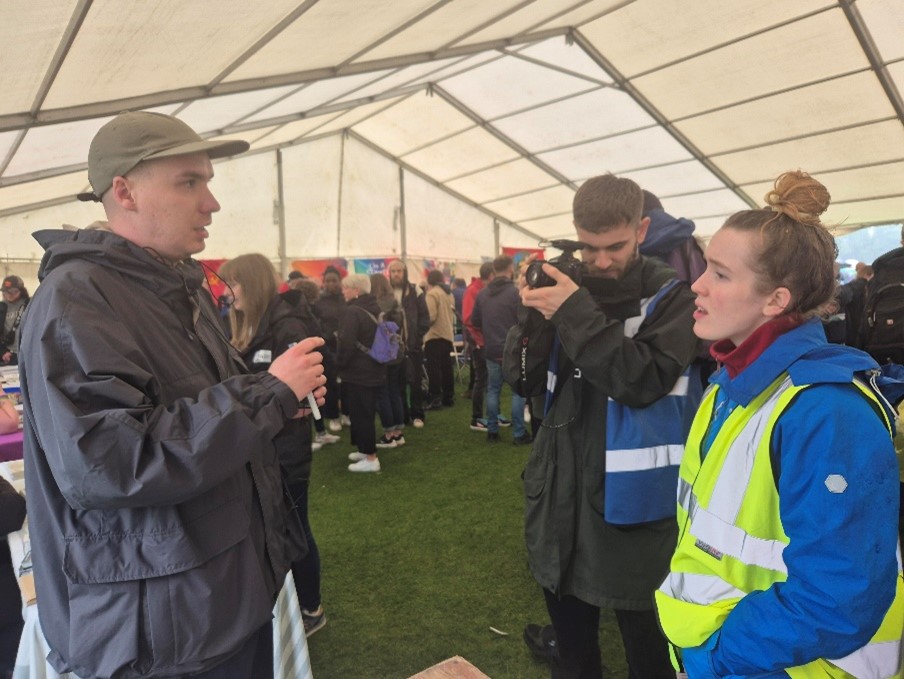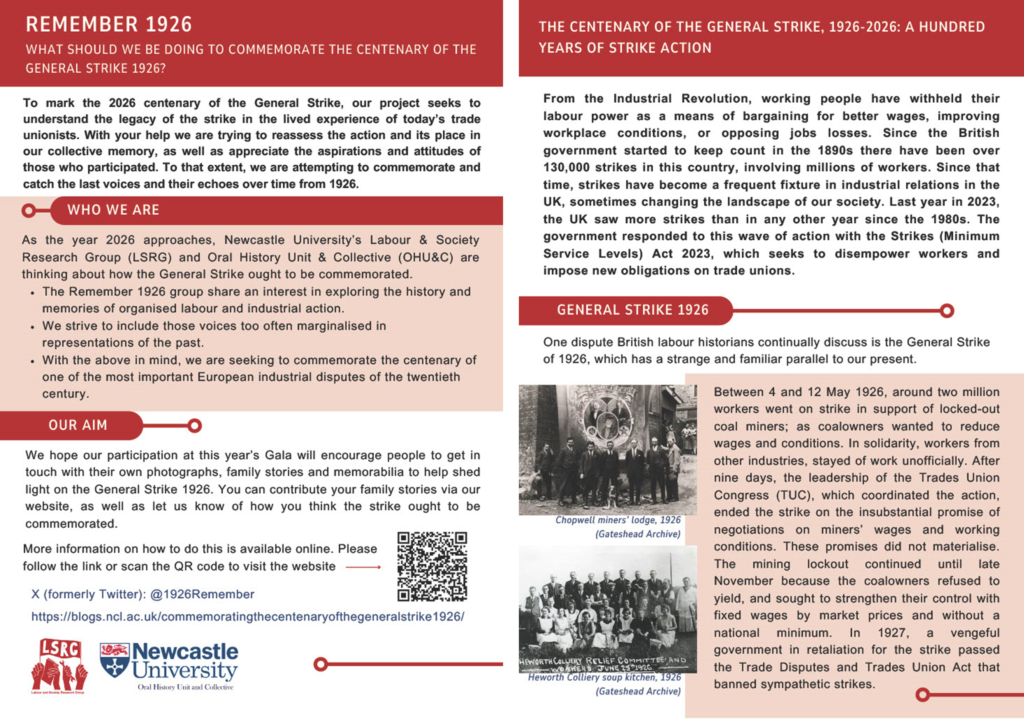The Byker Estate in Newcastle is internationally famed for its pioneering approach to urban regeneration through community participation and innovative architecture. Ralph Erskine significantly transformed the landscape of Byker and gained notoriety for his leading role, inspiring architects and historians alike. At the forefront of ensuring Byker’s human narrative remains as celebrated as its architectural accomplishments is the work of Silvie Fisch, an Associate Researcher at Newcastle University’s Oral History Collective and Director of Northern Cultural Projects.
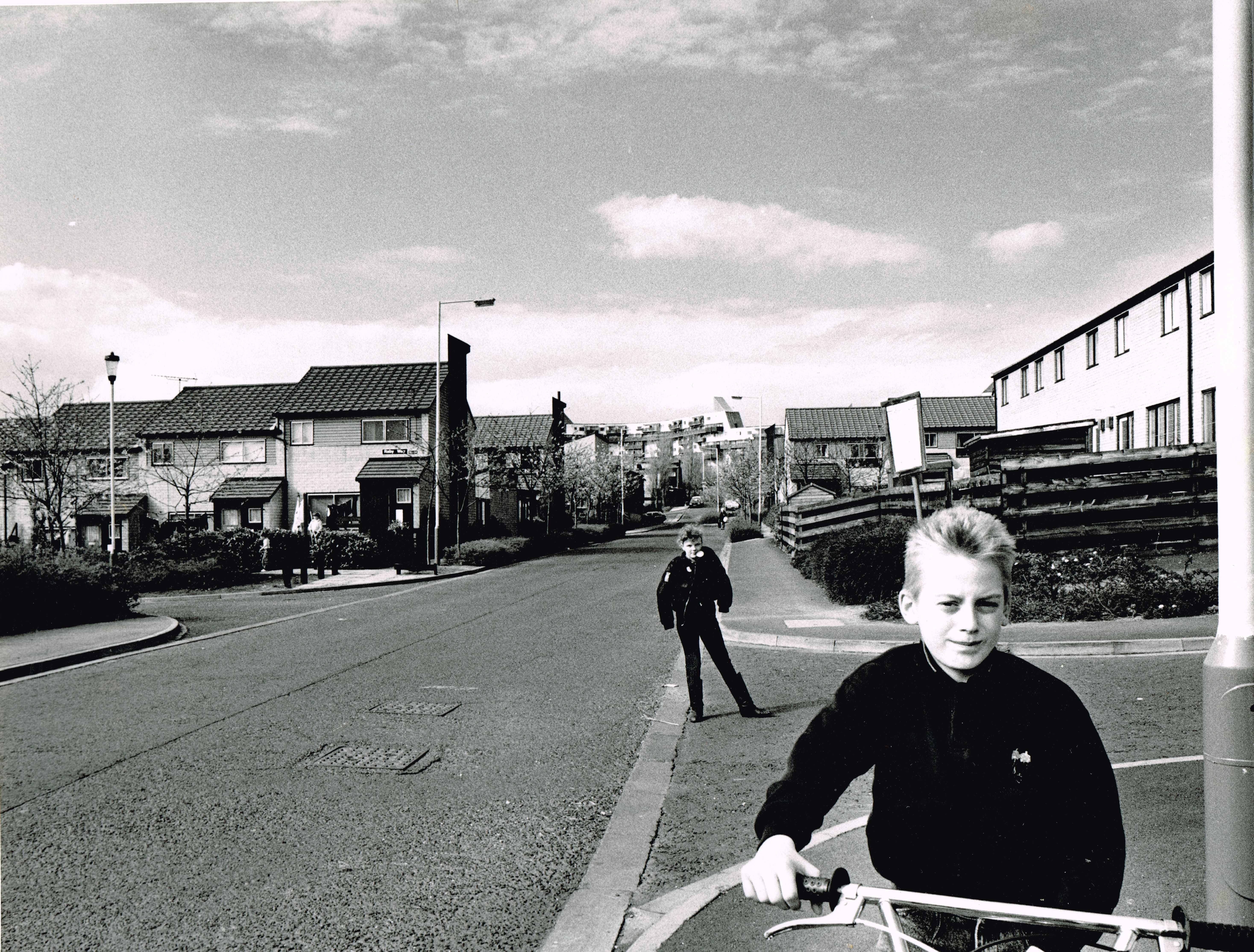
The Unsung Heroes of the Byker Study Group
While Ralph Erskine has been credited as the instigator of the Byker Estate’s ‘bottom-up’ and participatory approach to redevelopment, Silvie draws attention to influential grassroot efforts that preceded its success. The largely unrecognised efforts of the Byker Study Group of the 1960s were crucial, as they lobbied for the rights of residents to remain in Byker and shaped the socially inclusive redevelopment.
Silvie and Dr Sally Watson, ESRC Postdoctural Fellow in the School of Architecture, Planning and Landscape, have been invited by the Farrell Centre to co-produce the Fight for Byker and Other Stories (6 February – 1 June 2025) exhibition. This installation explores the lesser-known history of the Byker Estate, incorporating photographs, artefacts, and oral histories from contemporary witnesses. The focus is on the ‘pre-development’ period that laid the foundation for its success. Visitors are invited to contribute by bringing old photographs, negatives or slides that can be added to a memory wall.
The Fight for Byker and Other Stories is a free exhibition in The Sir Terry Farrell Building. More information can be found below:
Byker Through Creative Lenses
Silvie also examines how Byker has been represented across different media over the past 50 years. At Byker in Focus (6 February 2025), she will join photographer Sirkka-Liisa Konttinen, to deliver a talk on how artists, filmmakers, and architects have documented Byker’s distinctive urban culture.
Silvie poses critical questions about its representation: How do external portrayals compare to residents’ lived experiences? Can the “real” Byker ever be fully captured, or is it a dynamic narrative shaped by those who call it home?
Byker in Focus is a free talk in The Sir Terry Farrell Building. Booking and more information can be found below:
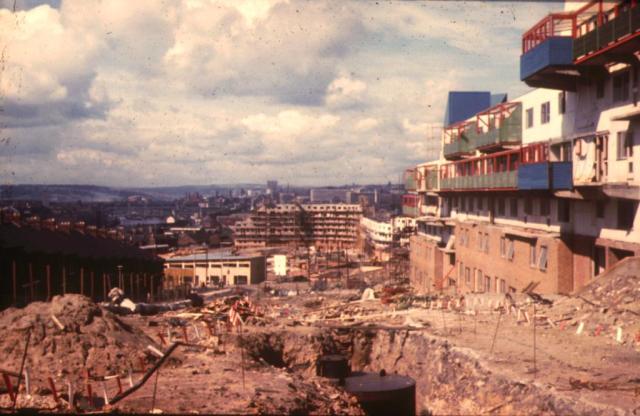
Oral History and the Byker Estate
Silvie and Sally are working on plans for a “Byker Community Archive”, which will embrace past, present and future of the estate and create a lasting legacy for future generations.
The historical influences that led Ralph Erskine to envisage Byker, as well as its legacies have yet to be systematically documented, explored, and analysed. Numerous oral histories have been recorded over time but to this date can’t be centrally accessed. And as yet, several architects and other professionals involved in this pioneering scheme have not been interviewed, and many of the views of residents who have lived on the estate since its earliest days are still missing from the historical record.

